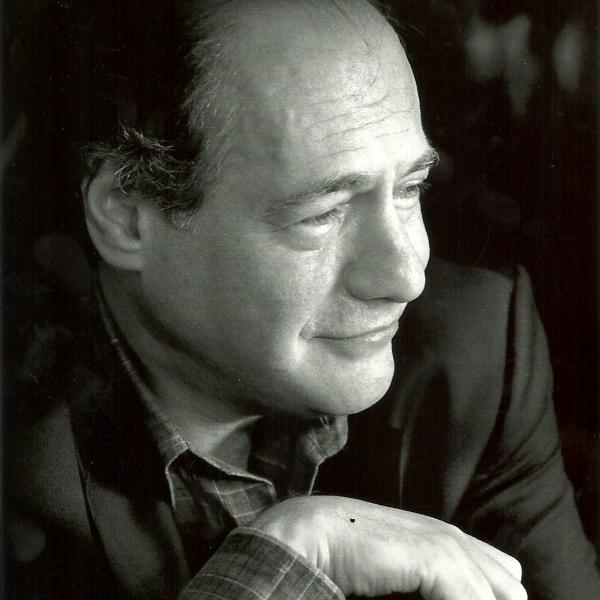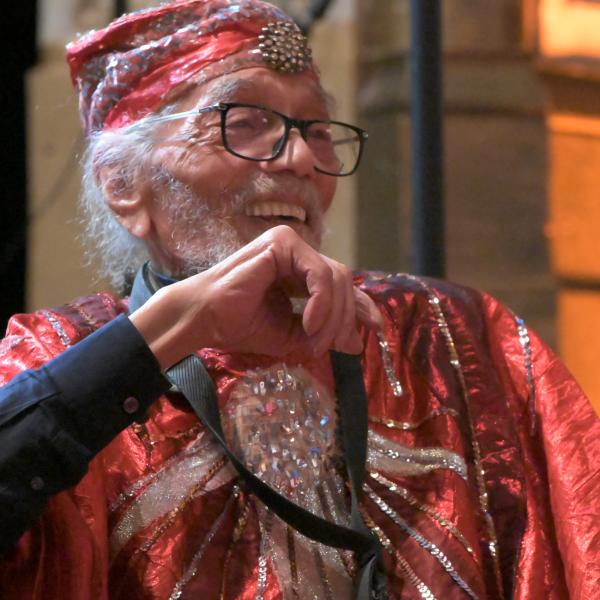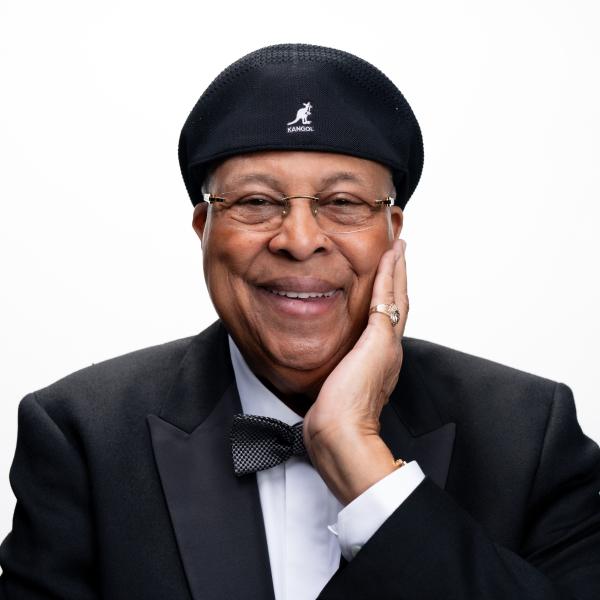NEA National Heritage Tribute Video: Hugo N. Morales
Cultural heritage and radio shaped the extraordinary life of Hugo Morales, recipient of the 2020 Bess Lomax Hawes National Heritage Fellowship, for his lifetime of work opening spaces for Latino voices in media.
The Moraleses were indigenous Oaxacan farmworkers, Mixtecs who migrated in the 1950s to Healdsburg, California, to pick prunes. Hugo Morales’ violinist father played in a Mexican indigenous farmworker banda and always told his children around the dinner table to be proud of who they were. Corridos in Spanish blared every weekend across the labor camp that was their home. Morales saw how music was essential to people’s well-being and strength as a community.
He credits a bout with tuberculosis in the seventh grade as transformative. While isolated for months, he read extensively and gained new perspectives. He listened to radio news and knew that people of color and their concerns were absent.
Radio further captured his imagination when his brother Cándido launched a local radio show featuring beloved Mexican música. Morales saw how the show deeply moved friends and neighbors, including his brother’s proud use of Spanish over the air.
In high school, Morales excelled, winning scholarships to Harvard College and Harvard Law School. He returned home every summer to work with his family. “Much more than getting prunes into those buckets, living that life helped me understand poverty and all the cultures around us in the fields,” he said in a phone interview with Dan Sheehy. “Mexican, but also Filipino, Punjabi, and Native American—it gave me a strong feeling for the power of traditional arts.”
With law degree in hand, Morales returned to California in 1975 to co-found nonprofit Radio Bilingüe, which in 1980 became the first Latino-controlled full-power FM radio station to serve the San Joaquín Valley. Based on “honest” culture by and for the people—and with its multiplicity of sounds, multilingual voices, and values—Radio Bilingüe itself became the trusted voice of community.
Today, Radio Bilingüe is the leading Latino public radio network and content producer in U.S. public media, with 24 stations and 75-plus affiliates serving more than a half million listeners weekly. It is a curator of Latino culture through series like Línea Abierta and Raíces: Art Moments on Radio and major festivals of mariachi and Norteño-Tejano music, with teaching workshops for youth.
Staff and volunteer announcers—Latino, indigenous, and multiethnic—host musical programs like La Hora Mixteca, Mañanitas con Mariachi, Arriba el Norte, Música Folklórica, Son del Caribe, and new-generation folk-rooted and crossover genres.
Morales’ public service earned him a MacArthur Foundation Fellowship, the Corporation for Public Broadcasting’s Edward R. Murrow Award, the Lannan Foundation’s Cultural Freedom prize, two honorary doctorates, and more.
He said, “It’s critical for people to help themselves by sharing opinions and cultural experiences. That’s what I heard in the fields. We put it on the radio.”
By Daniel Sheehy, Ph.D., Director & Curator Emeritus, Smithsonian Folkways Recordings, 2015 Bess Lomax Hawes National Heritage Fellow




